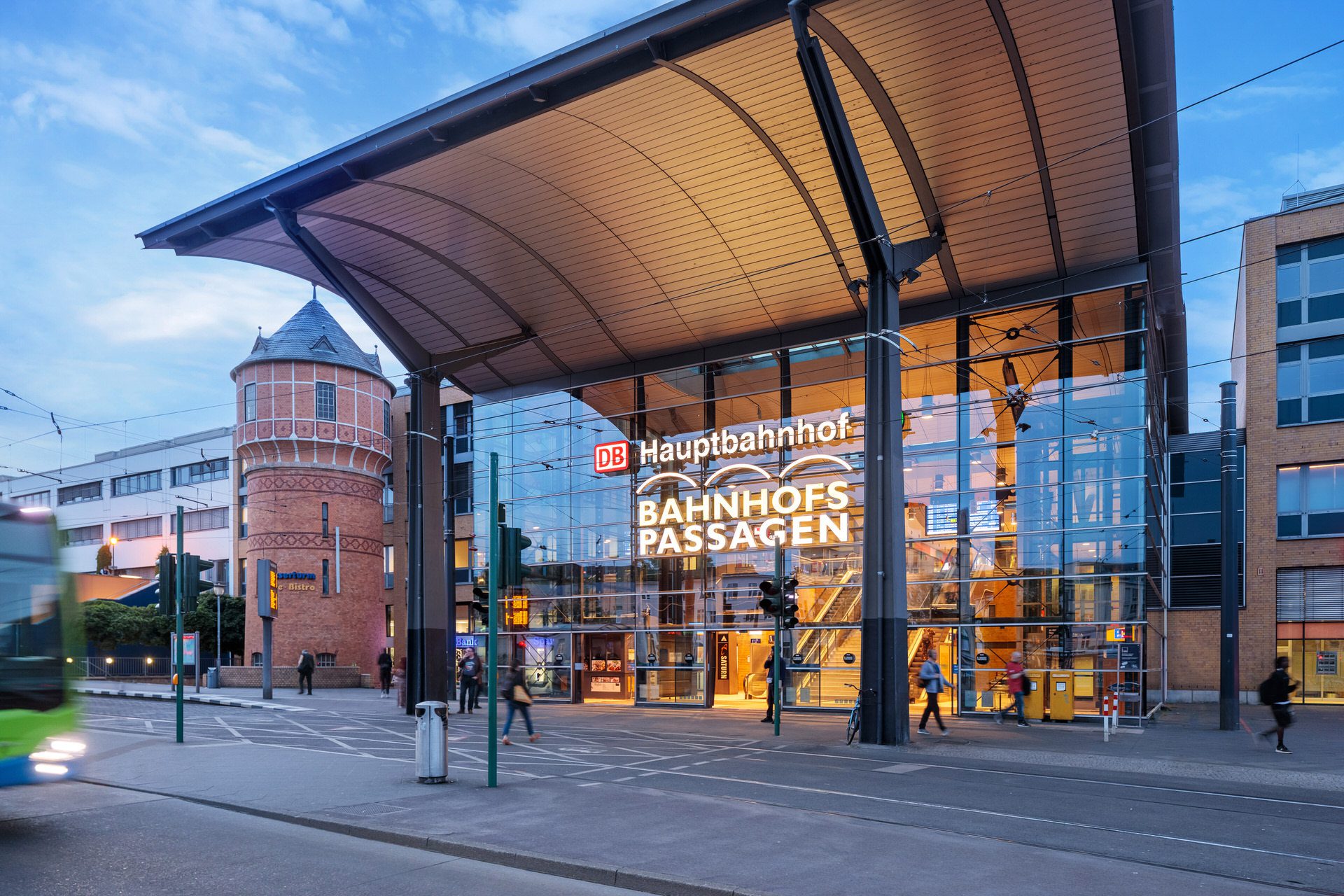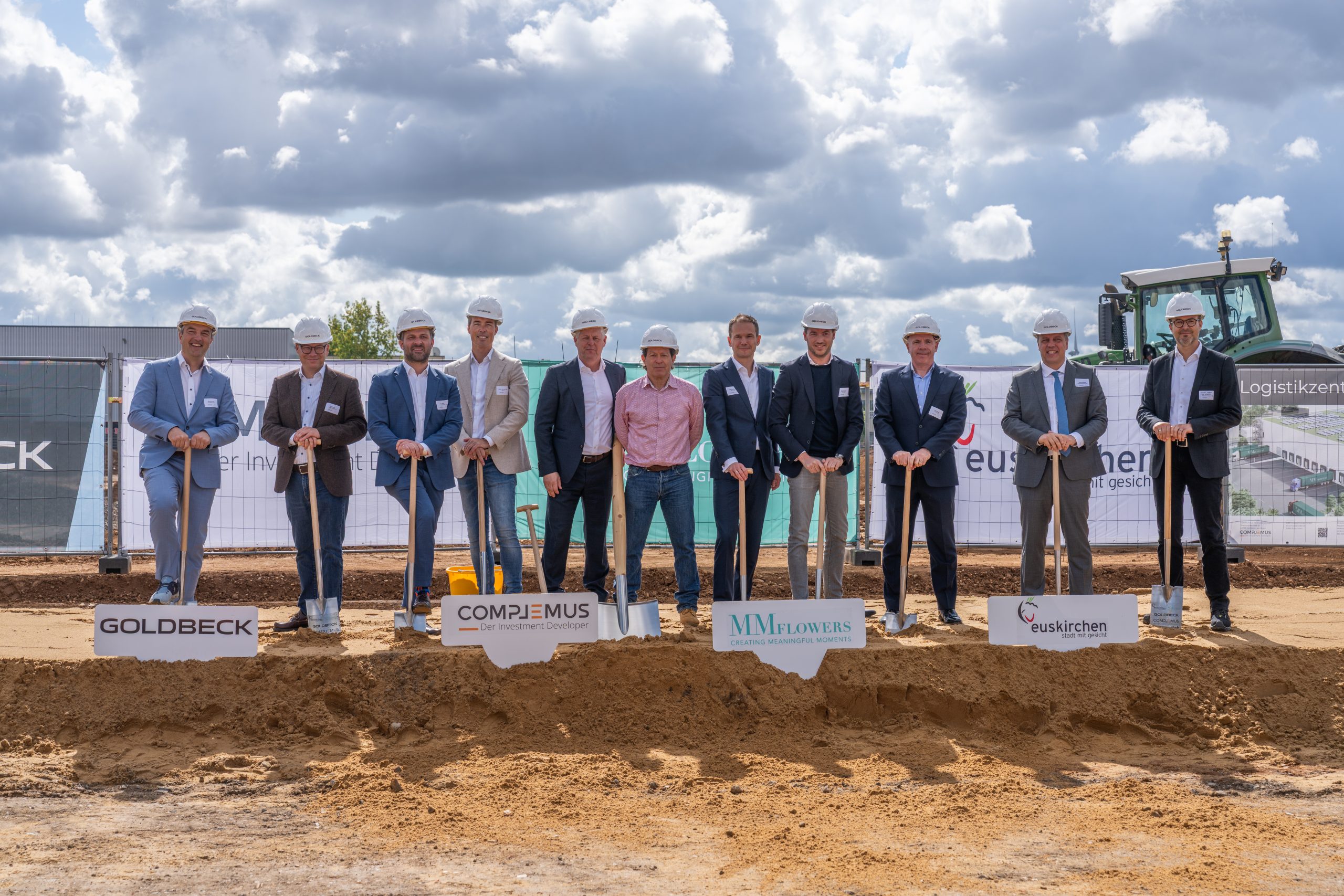Tourism markets are stabilizing, but investments require more expertise and long-term strategies
Transaction activity is picking up again in the hotel real estate market in the DACH countries, but is not reaching the level before 2019. The Expert Paper Hotels 2025 “Booking the Future” by mrp hotels, written by 16 industry experts, analyzes the status quo of the industry, provides new perspectives and highlights key trends and challenges. Martin Schaffer, Managing Partner of mrp hotels, and Catherine Szolar, Vice President of mrp hotels, presented the paper together with Florian Kern, Vice President of Aareal Bank AG, and Monique Dekker, SVP Human Resources EAME at Hyatt. The annual trade publication analyses the key drivers and challenges of an industry in transition.
Long-term growth forecasts and investment trends
According to mrp-hotels analyses, the industry will continue to grow in the next ten years. Globally, tourism is growing by around 3.5 percent annually, i.e. faster than global GDP (2.5 percent). The following shifts and trends are emerging: Investors prefer high-yield niches such as serviced apartments, lifestyle hotels and mixed-use assets. The business activity of institutional investors remains reduced, while family offices and investment or asset managers are becoming more active and filling the gap left by traditional investors in the market. Stranded assets, i.e. properties that are not marketable in the long term, require strategic repositioning. Management contracts are once again becoming more attractive in principle, as they offer transparency and more participation in rising EBITDAs. However, due to regulatory investor requirements, management contracts remain in short supply.
From investor to partner
Equity and debt capital are still sufficiently available. The question is rather how to access it. This is increasingly possible through greater professionalization of developers, owners or operators. The interest rate environment has changed significantly in recent years and will not return to the previous low level: While zero interest rates were still in place five years ago, the market has now settled at a financing level of around 2.15 percent. Costs have stabilized, but the demands of financiers have increased significantly. For Florian Kern, Vice President of Aareal Bank AG, the expertise of the borrowers is crucial. Hotel real estate is a highly specialized asset class. Successful financing requires in-depth industry knowledge and market understanding. Established brand systems offer investors comfort and stability. Since brands create trust, they could offer an advantage in the financing process. “A stable and comprehensible cash flow is not only the basis for capital service, but also an expression of the borrower’s professionalism – and increases the lender’s willingness to finance,” says Florian Kern. Partnership at eye level is essential: “A lender is an elementary partner. It is crucial to rely on financiers with a long-term approach and industry expertise – they build creative bridges in the crisis instead of pulling the ripcord prematurely.”
Operators between record results and profitability pressure
Despite a stable volume, the profitability of the operators remains under increasing pressure. The expert paper identifies key challenges on the operator side. These are rising costs on the one hand, and declining business demand and the weaker consumer environment on the other. “Successful operators combine operational excellence with adaptability. Brand diversity and clear identity are not a contradiction, but success factors,” explains Catherine Szolar, Vice President of mrp hotels.
Conversion and refurbishment as new models for success
In times of high construction costs, ESG requirements and limited space availability, the focus of real estate development is shifting. Refurbishment and repositioning of existing hotels have replaced the new building. Conversion projects, such as the conversion of office properties into serviced apartments or lifestyle hotels, are considered a sustainable and economically sensible alternative. ESG-compliant renovations are gaining in importance. The rental coverage factor (LCR) continues to be the key figure for landlords/tenants, operators and financiers. Only a few projects are currently being completed below 1.5. According to Martin Schaffer, Managing Partner of mrp hotels, in addition to the economic parameters, even more detailed market knowledge is crucial when selecting a location and product.
Digitalisation, HR and ESG as the key to competitiveness
The hotel industry of the future will be shaped by three long-term transformation fields: digitalization and AI, human resources and ESG/sustainability. Digitization and AI are becoming a strategic management task in addition to a sophisticated commercial strategy. Data-driven pricing, automated processes and intelligent CRM systems increase margins and efficiency. Monique Dekker, SVP Human Resources EAME at Hyatt, says about the transformation field of human resources: “Agility is not a buzzword, but a business imperative: Agility not only makes us better as a company, but also strengthens guest loyalty, improves the working environment and opens up new development opportunities.” Future-proof employers rely on skills-based models, flexible forms of work and a culture that combines technology and humanity. ESG & sustainability means focusing on sustainable growth and operating responsibly. The paper calls for operators to have a clear say in ESG measures and sees sustainability as a duty, not a freestyle.
Prepared for the future
Hotel real estate is enjoying growing popularity: demand from guests and investors is high and the asset class is proving resilient against other segments. At the same time, the framework conditions are changing: decisions take longer, markets react in a more differentiated way and traditional strategies are increasingly being replaced by new approaches and partnerships.
The hotel industry and the hotel real estate world are facing a variety of challenges – be it rising personnel costs, a lack of employees, digitalisation, uncertain markets or investment backlogs. “This is exactly where our Expert Paper comes in. The aim is to provide a well-founded assessment of the current situation and at the same time to take a look into the future – without losing sight of everyday realities such as interest rates and falling NOI. The future of hospitality lies in agile strategies and forward-looking partnerships in order to make optimal use of growth potential,” summarizes Martin Schaffer.
The link to the full discussion can be found here:
https://www.linkedin.com/events/7378321985308639232/



